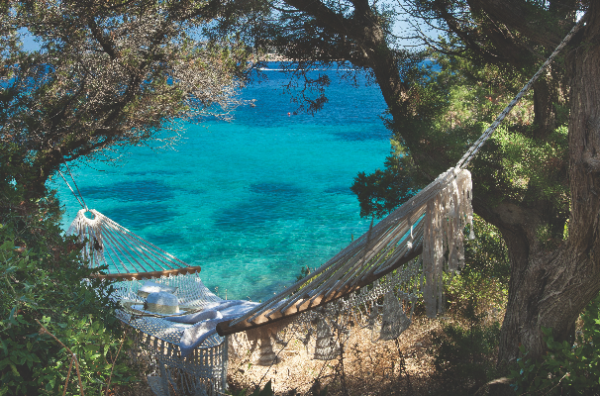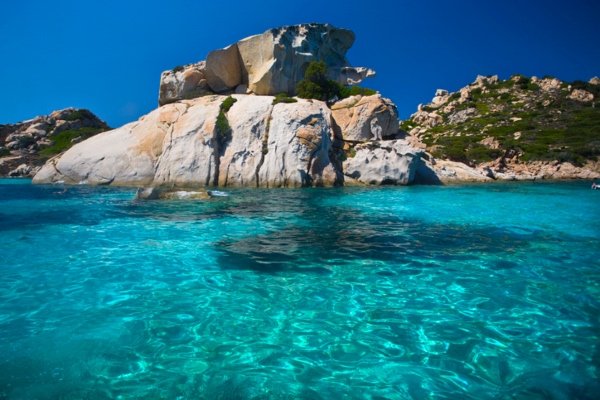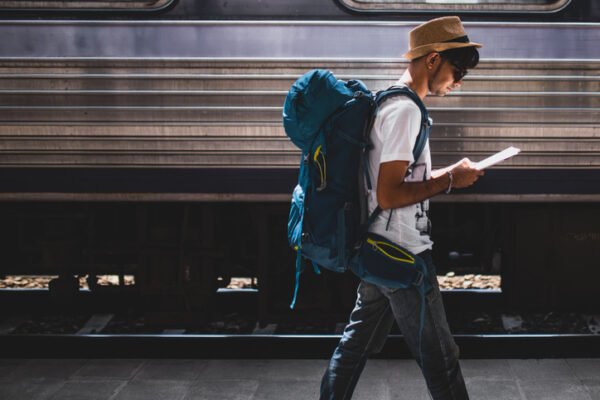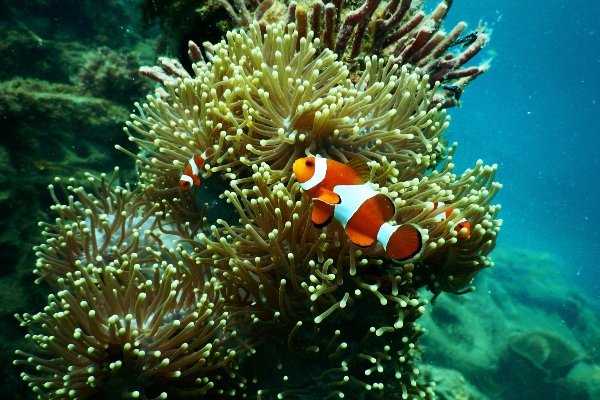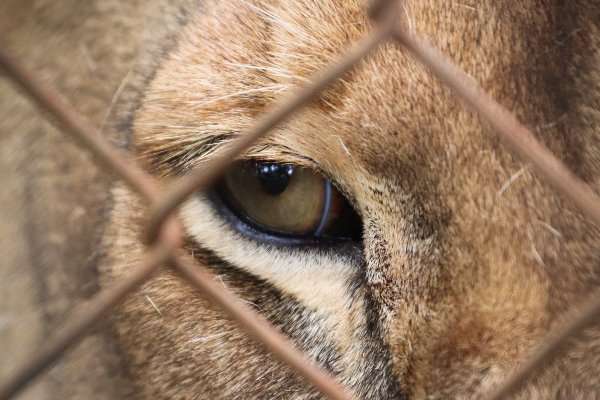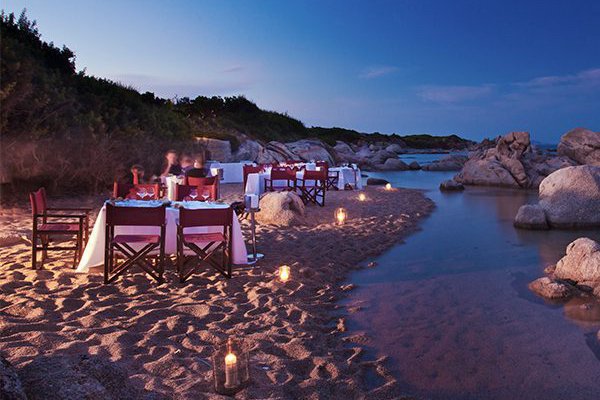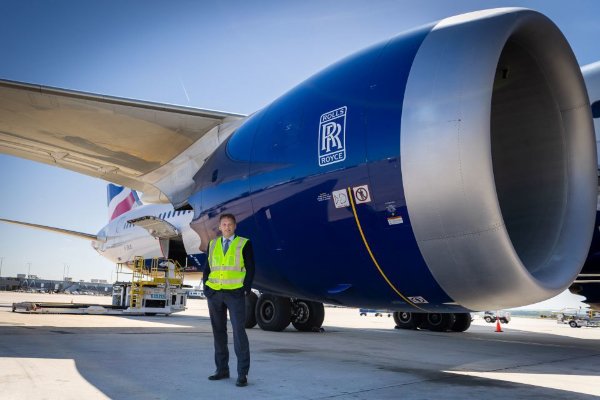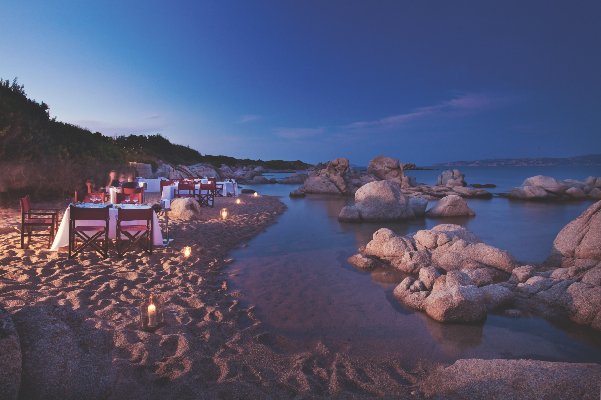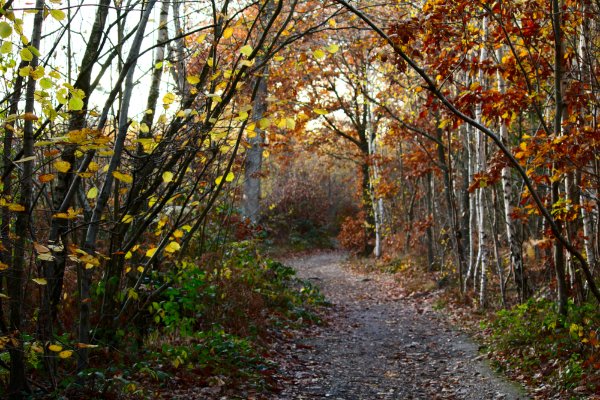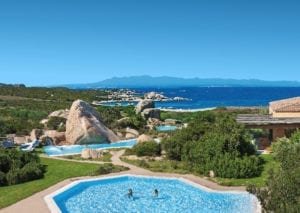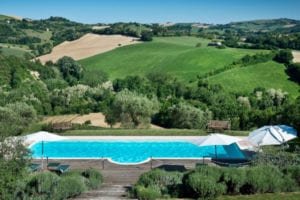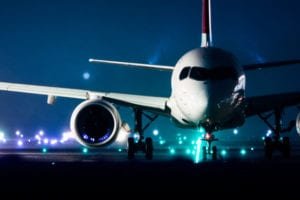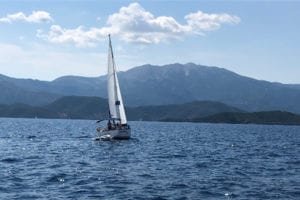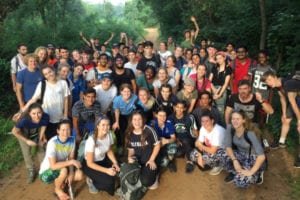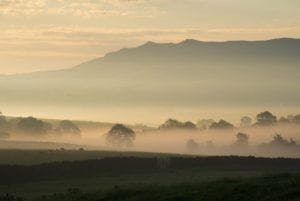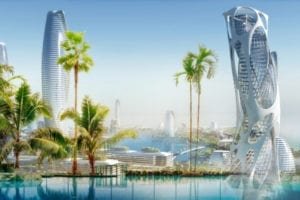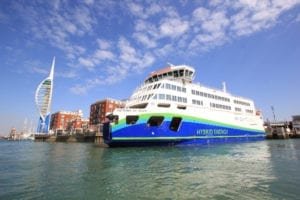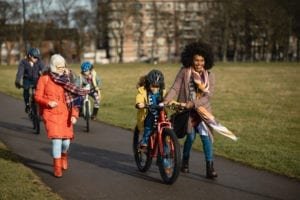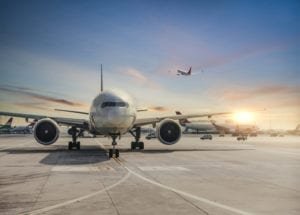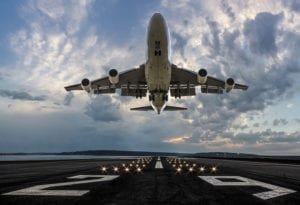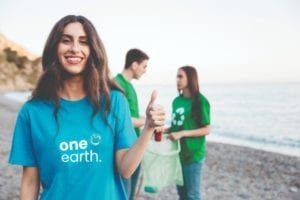This 1,000km-long archipelago is an extreme test case for the impact of global warming and the main reason for me wanting to visit this small Asian country with the tiniest of all Asian populations: 400,000 islanders whose impact on carbon output is negligible. So which island do I choose for my five-year-old daughter (and myself) to continue our search for an increased awareness, and hopefully to reduce my daughter’s complacency when it comes to our planet’s (and humanity’s) future?
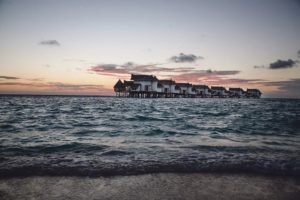 I truly believe that in the next 20 years (or less) we won’t recognise parts of our planet. Simple things like food, water and even air will be reduced by an increased population, rising sea levels and – worst of all – the impact of earthquakes, volcanic eruptions and freak weather patterns. Not to mention the chaos of the people around us, who will have no idea how to cope and will probably just panic and become completely reliant on outside support. My feeling is that outside help won’t be there, so it will be down to each of us to be well prepared: we now need to gather the skills and knowledge that will allow us to live completely sufficiently in a natural environment. As a parent, I feel it’s my duty to educate my youngest until the time comes when she’s able to make these decisions for herself.
I truly believe that in the next 20 years (or less) we won’t recognise parts of our planet. Simple things like food, water and even air will be reduced by an increased population, rising sea levels and – worst of all – the impact of earthquakes, volcanic eruptions and freak weather patterns. Not to mention the chaos of the people around us, who will have no idea how to cope and will probably just panic and become completely reliant on outside support. My feeling is that outside help won’t be there, so it will be down to each of us to be well prepared: we now need to gather the skills and knowledge that will allow us to live completely sufficiently in a natural environment. As a parent, I feel it’s my duty to educate my youngest until the time comes when she’s able to make these decisions for herself.
So which island to choose? The 120 resort islands are each unique and independent. One island = one resort. Well, one that required the least travelling would be good. I’m afraid this choice didn’t add up to much of a carbon reduction, but it did cut out two local flights.
We’d been in Dubai, visiting the turtle rehabilitation project at the Burg Al Arab – the Jumeirah group’s most prestigious hotel. The Jumeirah group seemed to be making some decent moves around sustainability and tourism, so it made good sense for us to visit the Jumeirah Vitaveli. A short 20-minute boat ride from Malé, and employing ‘passionate advocates’ of climate awareness, this seemed like the best choice. The island has 43 beach villas and suites, 46 lagoon villas and suites, three restaurants and a beachside cocktail bar. There’s a private swimming pool in every villa and a full range of watersports available, including deep-sea fishing, diving, kayaking and kitesurfing. Oh, and the Talise spa – with treatment rooms on the land and over the water.
I really don’t want to be too cliched about this feature – in some ways I’m squirming a little writing it. What seemed to be a good idea at the time actually with hindsight makes me feel a little uncomfortable. Nothing to do with the resort itself, more to do with my awareness concerning what this trip was really about. Here’s why…
How on earth could i explain the complexity of the climate challenges in the Maldives to a five-year-old without planting seeds of fear or anxiety for her future?
The Maldives is the lowest-lying country in the world and built on coral reefs which, as we all know, are dying off due to rising sea temperatures and acidity. Maldivian communities are completely reliant on diesel for generators, and a nation that’s nearly broke spends a quarter of its GDP on fuel and subsidies to keep its energy bills affordable. Tourism accounts for 29% of this GDP, and in 2013 it increased by 11%.
There are 1,200 islands in the Maldives and I later found out that tourist minister Ahmed Adeeb spoke of developing a further 400 in the north. It seemed a strange idea – particularly as only a few years back the president at the time was reaching out to the world for a new home and security for the atolls’ citizens. I made a mental note to meet with Adeeb and get to the bottom of this idea.
It has to be said that the Maldives recently won two prizes at this year’s Seven Star Global Luxury Awards, winning Best Destination as well as a special achievement honour for Adeeb: the Outstanding Achievement in Tourism Award for overseeing the arrival of one million tourists last year for the first time in the country’s history.
We were swiftly met at the airport by the beautiful smiles of the Vitaveli staff. The transit was a powered boat waiting just walking distance from the airport. We were handed cold towels and drinks and told to sit back and relax. A big fuss was made of Sophia and she sat like royalty at the back of the boat, feet up, singing and looking out for dolphins.
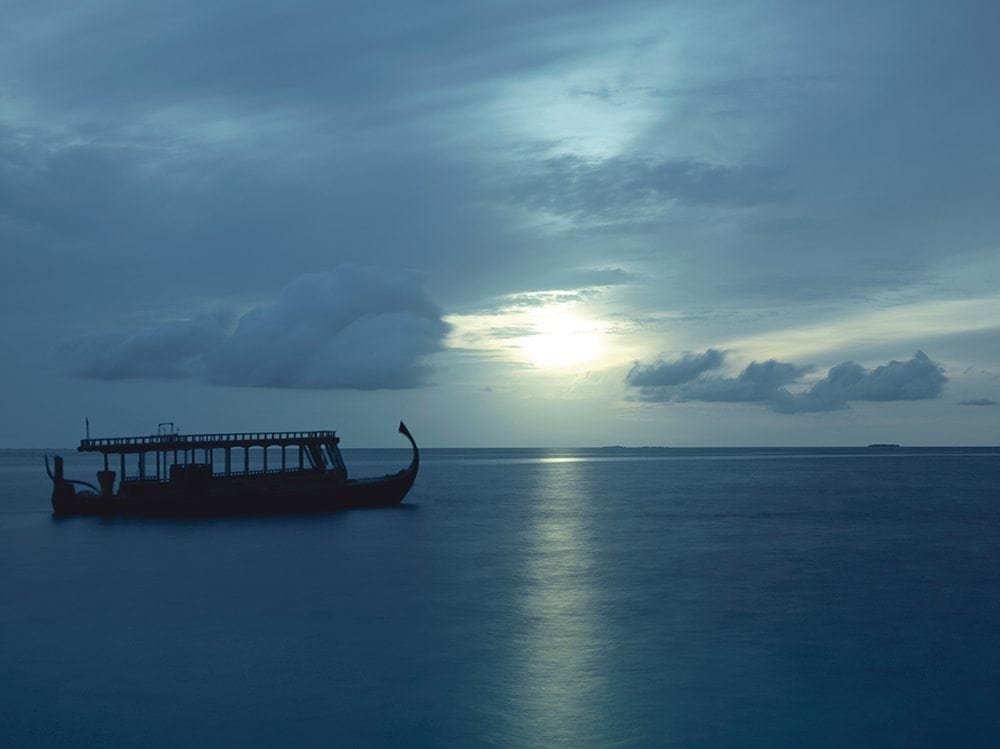 The sparkly blue waters of the Indian Ocean were welcoming; I could see a few small islands in the distance and wondered which one we were heading to. What a magical part of the world, I thought, refreshingly similar to how I’d imagined it from pictures. The only thing that stood out was the thick black smoke ahead coming from a dump-like island; I was told it was the dumping ground for the area. I pointed this out to Sophia and she reminded me that it was similar to the place I’d lived for three weeks for the Channel 4 observational documentary, Dumped.
The sparkly blue waters of the Indian Ocean were welcoming; I could see a few small islands in the distance and wondered which one we were heading to. What a magical part of the world, I thought, refreshingly similar to how I’d imagined it from pictures. The only thing that stood out was the thick black smoke ahead coming from a dump-like island; I was told it was the dumping ground for the area. I pointed this out to Sophia and she reminded me that it was similar to the place I’d lived for three weeks for the Channel 4 observational documentary, Dumped.
I told Sophia that it looked like they were burning the rubbish, which had a knock-on effect by polluting the air. I explained that if perhaps they invested in some cleaner technology this would change the way the rubbish was dealt with. Of course she asked why they didn’t, and I had to explain that they would have been doing it this way for a long time and that it would cost a lot of money to buy the new machinery, which of course would benefit them and everyone else in the long term. I asked what she would do if it were her decision; I’m sure you can guess what she said. Money to a five-year-old is no obstacle, which I find a beautiful thing. We, humanity, have created the commodity called money and it seems to me that it only serves those who want to hoard it.
I wonder if those hoarders realise they are killing their grandchildren by feeding their children?
OK, I know I keep rambling on about the state of how bad things are, but as I said, I wanted to keep this real…
Now just a short distance from the Vitaveli, I was immediately enchanted by the beautiful architectural design and the well thought out use of its natural landscape. Seductive building shapes with triangular thatched roofs sat on wooden jetties leading to white beaches cascading into blue lagoons, with an abundance of flowing palm trees. Do I still think of paradise looking like this? I know I used to – probably based on what advertising was telling me. But now, was this my idea of paradise? I’d have to wait and see.
We slowly pulled up to the jetty and were met by more smiley staff. One face stood out, an Edward Woodward-type character who introduced himself as the GM. His name was Graham and he had an extremely warm and endearing way about him. He was quietly confident, yet I felt a certain prowess as he spoke and introduced me to the team.
I’ll come back to Graham later as he has been absolutely instrumental in the way this island functions (to the best of its circumstance and ability) in terms of sustainability.
We headed off to our beach villa room, which was perfect for us as I didn’t fancy dangling over the sea in one of the huge villas. I would never have been able to rest in peace with Sophia playing outside!
The room was beautifully set: a gorgeous large bed in the centre of a room that opened up into a garden with a private pool and an outdoor four-poster lounger. Just a few steps further through a little hole in the surrounding hedges, those turquoise and brilliant white waves lapped onto a completely empty beach. We had our own sunbeds and shades on the beach area and our villa was protected from prying eyes, not that I had seen anyone else except our butler.
He showed us around the room and explained what the gadgets and gizmos did. I do like a good Apple home system, and it was great to get music in all of the rooms. At the opposite end to the beach was a walk-in closet that led through to a very large bathroom, with two sinks, a nice-sized bath and a separate shower. Of course Sophia wanted to jump straight into the pool; she wasn’t quite swimming on her own yet so I asked her to wait while I showered. Where did the butler go? He must have slipped away while we were chatting. I do remember him saying he would collect us in an hour as they were going tree planting and we’d been invited to join.
We planted coconut palms, the Maldivian national tree, right on the seafront – 20 meters from the waves. These trees would grow to 30 metres and the fruit could be used for eating and drinking, the oil for hair and the shells also for food or craft. Graham told me that they constantly plant trees to replenish the areas where building took place. I liked his views – he seemed to be thoughtful and visionary, driving change through the DNA of the organisation and the wider tourist industry by requesting what he felt were the best solutions. He’d done his research and knew what he was talking about. He told me about the water purification system that converts salt water to drinking water, which fills glass bottles that can be served to guests. This saves a vast number of food miles and plastic bottles from ending up on the dump island Thilafushi, which is already overflowing with more waste than it can handle.
 Play Video about This Rock Might Just Save The World
Play Video about This Rock Might Just Save The World Play Video about Play 2 hours of rock
Play Video about Play 2 hours of rock Play Video about Play 2 hours of brook
Play Video about Play 2 hours of brook Play Video about Play 2 hours of sheep
Play Video about Play 2 hours of sheep
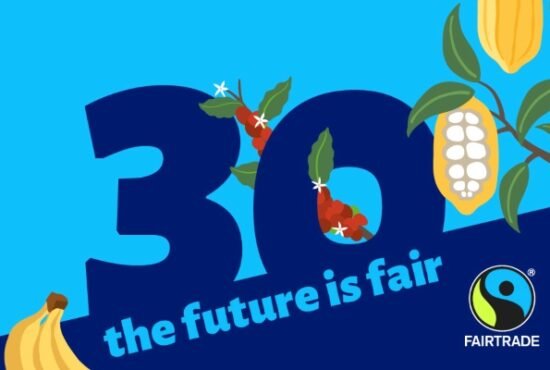
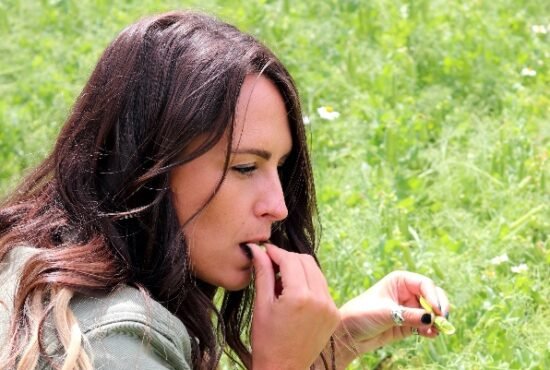
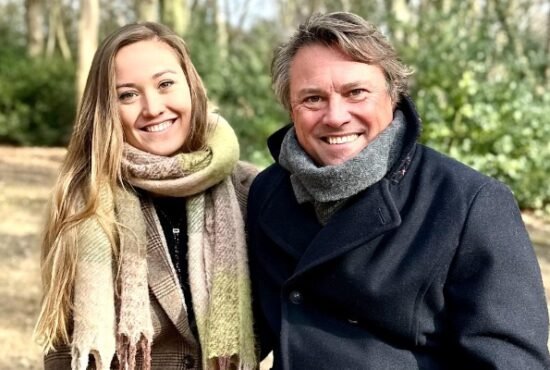
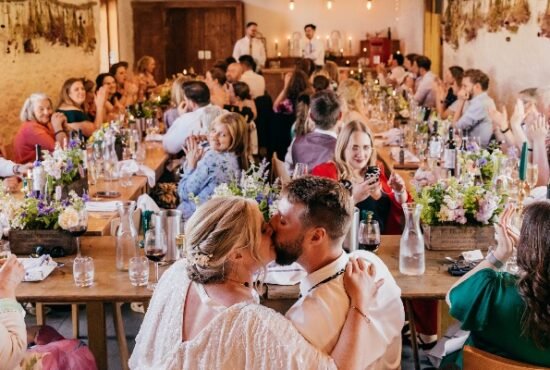





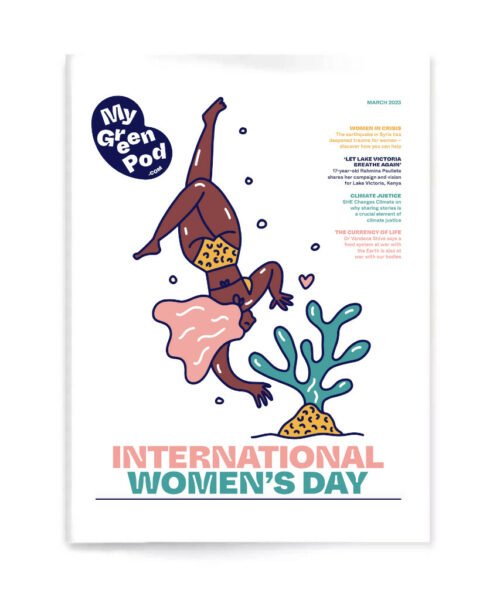
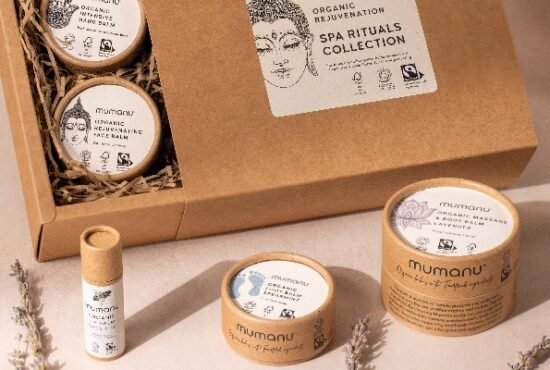
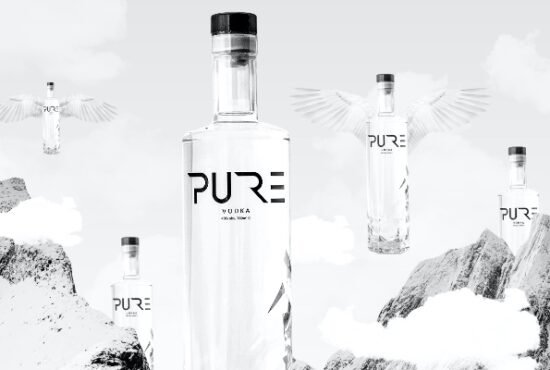
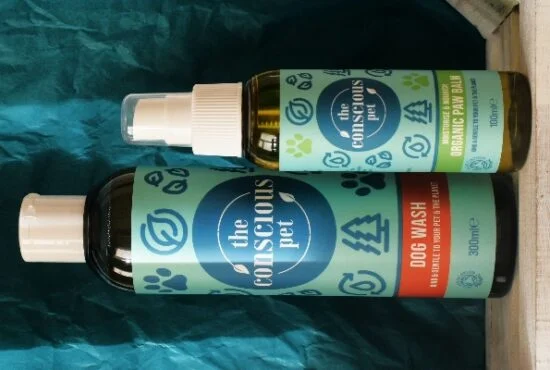
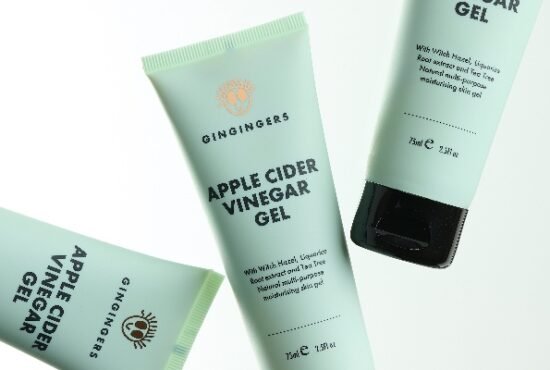
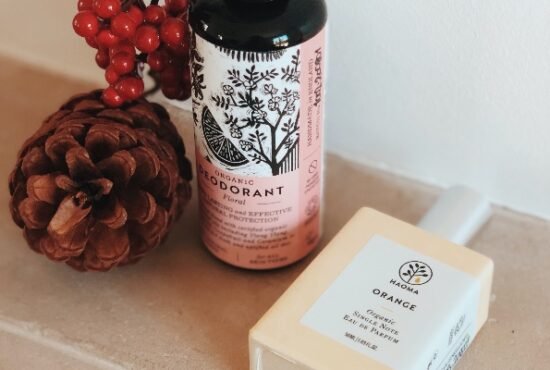
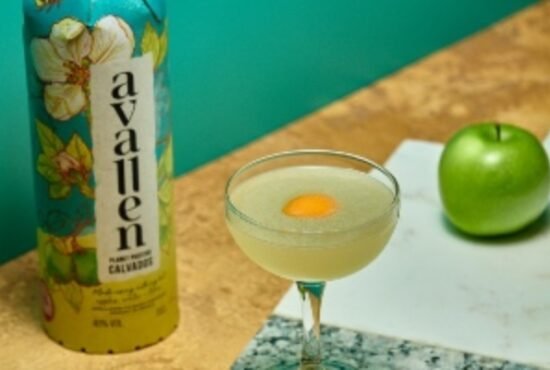


 I truly believe that in the next 20 years (or less) we won’t recognise parts of our planet. Simple things like food, water and even air will be reduced by an increased population, rising sea levels and – worst of all – the impact of earthquakes, volcanic eruptions and freak weather patterns. Not to mention the chaos of the people around us, who will have no idea how to cope and will probably just panic and become completely reliant on outside support. My feeling is that outside help won’t be there, so it will be down to each of us to be well prepared: we now need to gather the skills and knowledge that will allow us to live completely sufficiently in a natural environment. As a parent, I feel it’s my duty to educate my youngest until the time comes when she’s able to make these decisions for herself.
I truly believe that in the next 20 years (or less) we won’t recognise parts of our planet. Simple things like food, water and even air will be reduced by an increased population, rising sea levels and – worst of all – the impact of earthquakes, volcanic eruptions and freak weather patterns. Not to mention the chaos of the people around us, who will have no idea how to cope and will probably just panic and become completely reliant on outside support. My feeling is that outside help won’t be there, so it will be down to each of us to be well prepared: we now need to gather the skills and knowledge that will allow us to live completely sufficiently in a natural environment. As a parent, I feel it’s my duty to educate my youngest until the time comes when she’s able to make these decisions for herself. The sparkly blue waters of the Indian Ocean were welcoming; I could see a few small islands in the distance and wondered which one we were heading to. What a magical part of the world, I thought, refreshingly similar to how I’d imagined it from pictures. The only thing that stood out was the thick black smoke ahead coming from a dump-like island; I was told it was the dumping ground for the area. I pointed this out to Sophia and she reminded me that it was similar to the place I’d lived for three weeks for the Channel 4 observational documentary, Dumped.
The sparkly blue waters of the Indian Ocean were welcoming; I could see a few small islands in the distance and wondered which one we were heading to. What a magical part of the world, I thought, refreshingly similar to how I’d imagined it from pictures. The only thing that stood out was the thick black smoke ahead coming from a dump-like island; I was told it was the dumping ground for the area. I pointed this out to Sophia and she reminded me that it was similar to the place I’d lived for three weeks for the Channel 4 observational documentary, Dumped.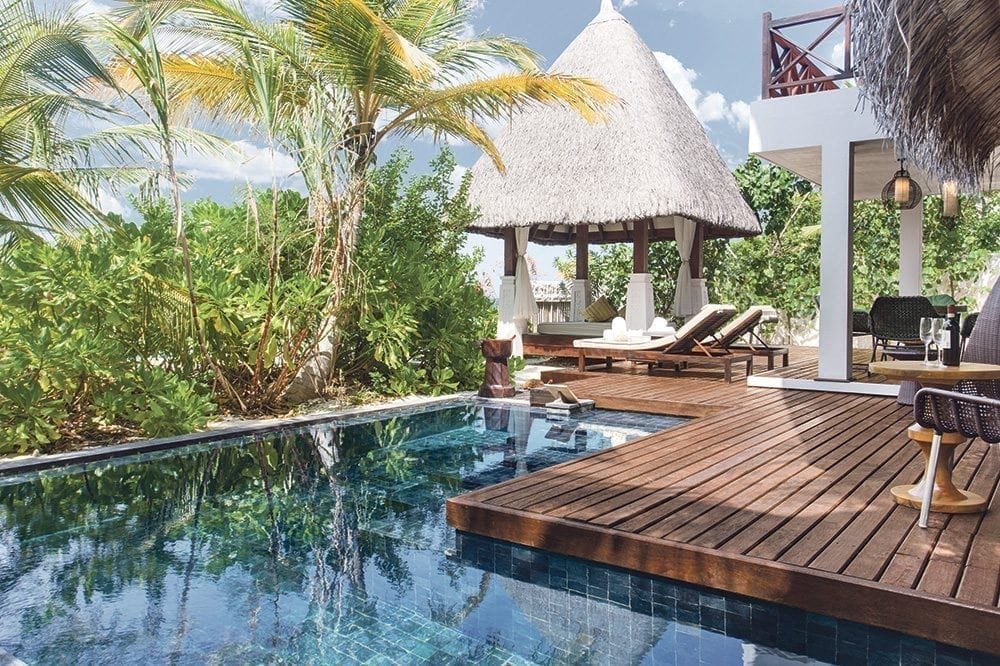 We eventually got thirsty and walked up to the bar and pool area. Within a minute we had water and fresh juices before us. We sat back on luxurious sunbeds looking out at the sea, and could see the exclusive Lagoon Villas – completely free-standing like regal wooden palaces, accessible only by boat. Romance and honeymooners crossed my mind. If these villas were the crème de la crème of villas here, I indulged for a moment on how different this trip would have been with my fiancée. Perhaps just a call every few days for the butler to bring more Champagne and goodies!
We eventually got thirsty and walked up to the bar and pool area. Within a minute we had water and fresh juices before us. We sat back on luxurious sunbeds looking out at the sea, and could see the exclusive Lagoon Villas – completely free-standing like regal wooden palaces, accessible only by boat. Romance and honeymooners crossed my mind. If these villas were the crème de la crème of villas here, I indulged for a moment on how different this trip would have been with my fiancée. Perhaps just a call every few days for the butler to bring more Champagne and goodies!